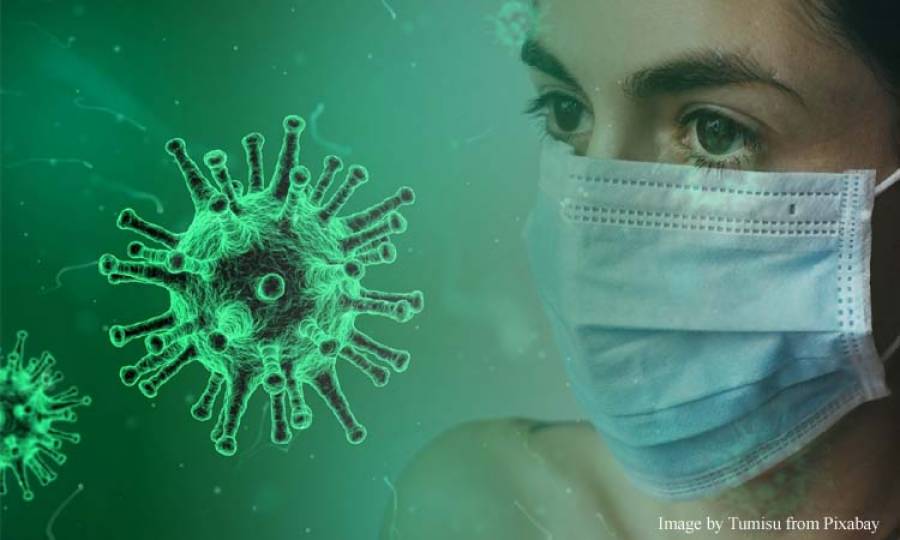COVID ‘Death Gene’: Variant Discovered In South Asians Doubles Severity Risk

OXFORD: Scientists have isolated a gene that, when afflicted with the COVID-19 virus, potentially doubles lung failure risk in patients, providing new perspectives into why severe illness from the disease varies from person to person while opening up avenues for medicine targeting the issue.
The scientists discovered that the amplified risk came from a gene that controls other genes like LZTFL1, a gene accountable for lung cell response to viruses. This could result in the variant gene obstructing the reaction of airway and lung cells to the virus.
According to Oxford University researchers, 60 per cent of South Asians carry this specific, high-risk genome which may explain the high death tally observed in some communities and the massive wave of deaths in India earlier this year.
“But LZTFL1 does not hinder antibody production by the immune system, which helps fight off infections, so people carrying the variant should still have a proper response to vaccines”, the researchers agreed.
“The study demonstrates that how the lung reacts to the infection is crucial. This is of note because most treatments aim to change how the immune system responds to the virus,” informed Professor James Davies, the study’s co-lead.
“There has been an excess risk in South Asians that went unexplained. Even if we dismiss COVID-19 high-risk factors such as working in public jobs and densely populated residential areas,” stated Dr Raghib Ali, a consultant on ethnicity and COVID -19 from the University of Cambridge.
He added that this new study expresses that this may be due to them unknowingly carrying the gene, which increases their fatality risk upon onset of the illness.
Dr Simon Biddie, an intensive care specialist at the University of Edinburgh, said that while the study “provides compelling evidence to suggest roles for LZFTL1” in patients suffering from severe COVID-19, more research is compulsory to confirm the findings.
The findings were published in the Nature Genetics journal.
Advertisement
Trending
Popular
Hair loss: Discovery uncovers key stem cells that could reverse ...
-
Broccoli sprout compound may help lower ...
11:31 AM, 25 Feb, 2025 -
Gas Pain vs. Heart Attack: How to tell ...
09:00 PM, 22 Feb, 2025 -
Coconut oil supplement shows promise ...
08:00 PM, 20 Feb, 2025 -
Normal vitamin B12 levels may still ...
05:00 PM, 19 Feb, 2025



